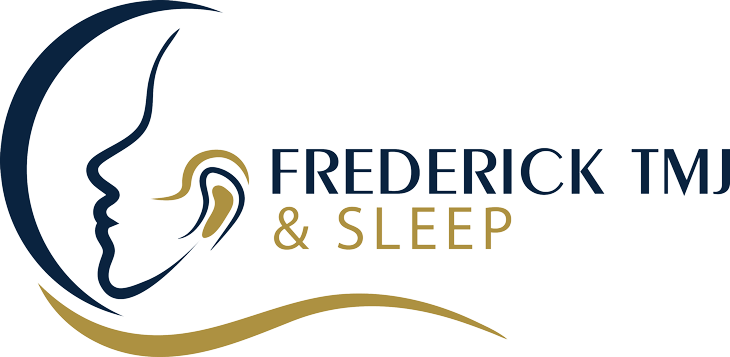FAQs
Frequently Asked Questions
Although it is a symptom, people who snore don't always suffer from sleep apnea. If you’re concerned about snoring or suspect you might have sleep apnea, consider scheduling a consultation with Frederick TMJ & Sleep. After careful screening, we can discuss the need for a Sleep Study to get a thorough diagnosis.
We work with your primary care physician, and a team of area medical professionals, that can evaluate your condition and order a Sleep Study tailored to your specific needs. Once we have a diagnosis, and treatment options have been presented by the medical professional, we are here to support you if an Oral Sleep Appliance is suitable for your condition.
The simple answer is ‘yes you can’. While snoring is commonly linked to sleep apnea, it is not always a definitive symptom. Frederick TMJ & Sleep can provide you with take-home technology to monitor multiple sleep and health metrics through your finger. After using the device for a few nights, Frederick TMJ & Sleep will review the data to determine if a medical referral is indicated. Working with area physicians and medical professionals, we can request a Sleep Study in order to provide an accurate diagnosis of your condition. Whether the snoring is apnea related or just an annoying occurrence, Frederick TMJ & Sleep can offer you some oral appliance options that can help
Obstructive sleep apnea (OSA) can develop in anyone, regardless of age or gender, and it can be caused by various factors. The most common risk factors include:
- Age: OSA is more common in individuals over the age of 40.
- Neck Size: Having a large neck, typically over 17 inches for men and 16 inches for women, is a risk factor.
- Weight: Approximately half of OSA sufferers are overweight.
- Gender: OSA is more prevalent in men than in women.
- Tongue and Jaw: Having a large tongue or a small jaw can contribute to OSA.
- Tonsils and Adenoids: Enlarged tonsils and adenoids, especially in children, can obstruct the airway.
- Substance Use: The use of alcohol or sedatives, which relax the muscles in the airway, can increase the risk of OSA.
- Nasal Obstruction: Conditions like a deviated septum or sinus and allergy problems can lead to nasal obstruction, potentially worsening OSA.
While CPAP is an effective treatment for sleep apnea, many people find the mask uncomfortable and the machine inconvenient and noisy. As a result, many users find it difficult or impossible to wear them. An oral appliance is a common CPAP substitute. This gadget is smaller, lighter, and more comfortable to use, and it can give equal treatment effects.
The goal of an Oral Sleep Appliance is to reach ‘MMI’ or Maximum Medical Improvement. This is done through careful adjustments to the appliance, over several months, by our team at Frederick TMJ & Sleep. We use take-home technology to monitor the impact the Oral Sleep Appliance has on your condition. To ensure the effectiveness of your oral appliance, a follow-up visit with your Sleep Physician will be recommended. Based upon the information we provide the medical professional; they will determine if a follow-up sleep study is needed.
Our experienced team will work with you and your insurance provider to discover if your policy will help with the cost of your oral sleep appliance. Though dental insurance often does not cover Oral Sleep Appliances, medical insurance plans often do cover a portion, and our office will help with all those insurance questions. Regardless of your insurance coverage, we offer payment options or payment plans that we can review with you to help you get the treatment you need.
Many of our sleep patients have found that investing in the treatment of their sleep apnea has been life changing and a worthwhile endeavor due to the improvement in their quality of life.
If you do not have insurance, we understand that seeking sleep apnea treatment can be a concern. Frederick TMJ & Sleep offers various payment options to make treatment more accessible. We can work with you to develop a financing plan that suits your budget. Your well-being is our priority, and we are committed to helping you access the care you need, even without insurance coverage. Don't hesitate to reach out to discuss your specific situation and explore the available options.
The time it takes to adapt to an oral appliance varies from person to person. Some individuals adjust quickly, while others may need a few weeks. Some patients experience mild discomfort with the teeth or jaw muscles during the initial adjustment period. Frederick TMJ & Sleep will be monitoring this closely during treatment.
As for concerns about your teeth, properly fitted oral appliances will not harm your teeth. Minor bite changes/tooth movement can occur in some patients whether they wear an oral appliance or even a retainer. It is crucial to follow the care instructions provided by your dental specialist to maintain your oral health and minimize tooth movement. Regular check-ups with Frederick TMJ & Sleep can help monitor your oral appliance's impact and ensure that it continues to be effective and comfortable. If you experience any persistent discomfort or issues, be sure to contact Frederick TMJ & Sleep for adjustment or alternative solutions.
Your well-being and comfort are our priorities in providing effective sleep apnea treatment.
This varies from person to person. They are made of highly durable hard acrylic or medical-grade nylon. Things that impact the longevity of an appliance includes how well you take care of it and your teeth, the material used to fabricate the appliance, significant dentistry performed that changes the shape or the number of teeth and if you have a significant tooth grinding habit. We typically see Oral Sleep Appliances lasting 3 to 7 years.
It is possible that your bite may change whether or not you wear an Oral Sleep Appliance. The alignment of your teeth and the condition of your jawbone can impact tooth positioning. Bite changes are often very minor and unnoticeable to the person wearing the appliance. We provide a ‘morning repositioning device’, with instructions on daily use, to help minimize this effect.
Your bite is something the Frederick TMJ & Sleep Team will monitor very closely during your treatment so that problems do not occur.
Morning muscle soreness is the most prevalent adverse effect, but normally passes quickly. Dry mouth or excessive salivation may occur in some people when you first start using the appliance. There can be minor tooth movement or bite changes in some patients, but these are things that are closely monitored during treatment here at Frederick TMJ & Sleep.
While it's possible to obtain over-the-counter devices for sleep apnea treatment, it's important to note that these are not FDA approved. Improper placement of these devices may lead to unwanted side effects, such as jaw issues or excessive tooth movement.
When you purchase an appliance from Frederick TMJ & Sleep, it is made specifically for you, and you are monitored by sleep specialists during your entire treatment. Adjustments are made at your visits to make the appliance as effective as possible, and to also monitor for tooth movement or changes to your bite.

